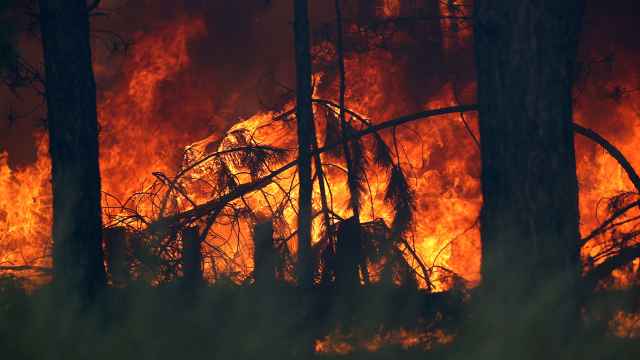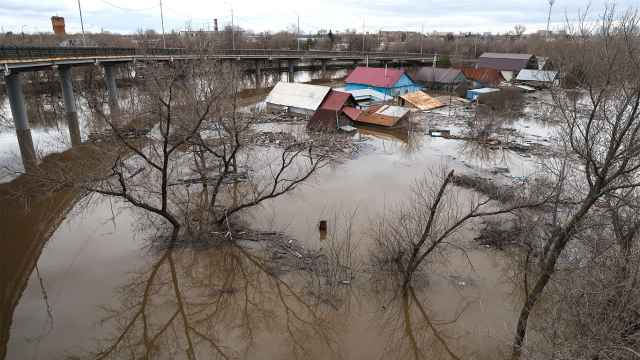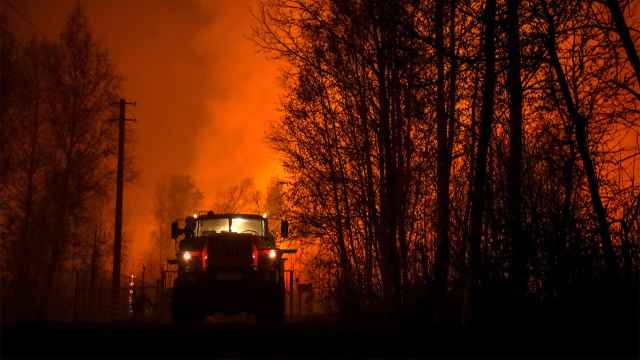The Far Eastern Sakhalin region has become the first in the country to achieve carbon neutrality, Russia’s Economic Development Ministry announced over the weekend.
Launched in 2022, Sakhalin’s climate experiment aimed to achieve carbon neutrality by the end of 2025. The program involved 35 major companies committing to a combined 2% reduction in greenhouse gas emissions, along with a mix of carbon quotas, a cap-and-trade system, a shift from coal to gas for heating, expanded use of renewables and increased forest carbon absorption.
“Sakhalin has achieved carbon neutrality,” Economic Development Minister Maxim Reshetnikov said at a forum in the regional capital of Yuzhno-Sakhalinsk on Saturday.
Governor Valery Limarenko said the region had become Russia’s first where greenhouse gas absorption exceeds emissions.
“Thanks to this experiment, Sakhalin is now a region with clean air, unique wildlife and a high quality of life,” he said.
Russia’s Economic Development Ministry credited the program with doubling air quality, cutting particulate pollution fivefold and reducing the area affected by forest fires tenfold.
Reshetnikov said the next challenge is ensuring the region maintains that balance over the long term, adding that other regions interested in replicating the program would receive government support.
He also touted the initiative’s potential to boost the international competitiveness of Sakhalin’s low-carbon industries, including aluminum, petrochemicals, fertilizers, lithium and energy from nuclear, hydropower and renewables.
Sakhalin’s Ministry of Ecology and Sustainable Development said the neutrality target was achieved a year ahead of schedule. The region’s pilot program is set to run through 2028.
Critics, however, have argued that the program has been weakened by enforcement gaps and compromises that raise questions about its scalability.
Russia, one of the world’s top greenhouse gas emitters and a major energy exporter, aims to reach carbon neutrality by 2060 and cut emissions by 30% from 1990 levels by 2030, according to official climate doctrine. Moscow claims to have already met that goal after a more than 50% drop in emissions as of 2020.
Still, while the country is already feeling the effects of climate change, the issue remains largely absent from Russian politics, media and education.
A Message from The Moscow Times:
Dear readers,
We are facing unprecedented challenges. Russia's Prosecutor General's Office has designated The Moscow Times as an "undesirable" organization, criminalizing our work and putting our staff at risk of prosecution. This follows our earlier unjust labeling as a "foreign agent."
These actions are direct attempts to silence independent journalism in Russia. The authorities claim our work "discredits the decisions of the Russian leadership." We see things differently: we strive to provide accurate, unbiased reporting on Russia.
We, the journalists of The Moscow Times, refuse to be silenced. But to continue our work, we need your help.
Your support, no matter how small, makes a world of difference. If you can, please support us monthly starting from just $2. It's quick to set up, and every contribution makes a significant impact.
By supporting The Moscow Times, you're defending open, independent journalism in the face of repression. Thank you for standing with us.
Remind me later.






